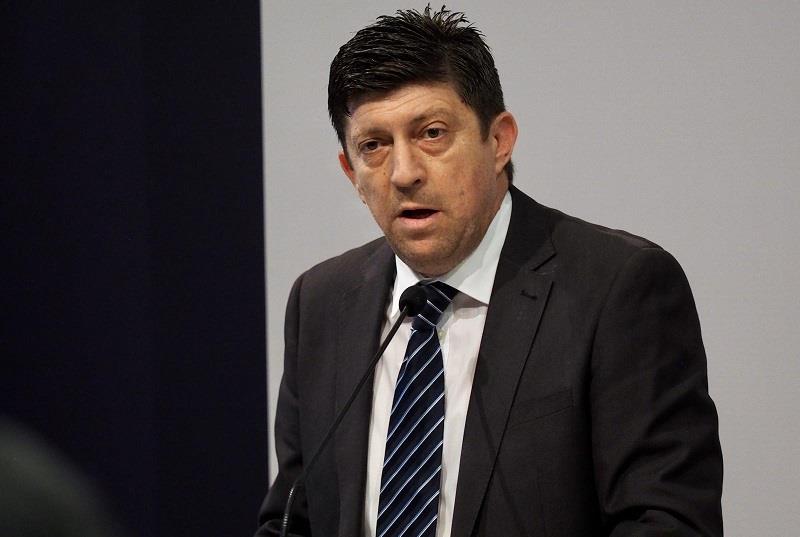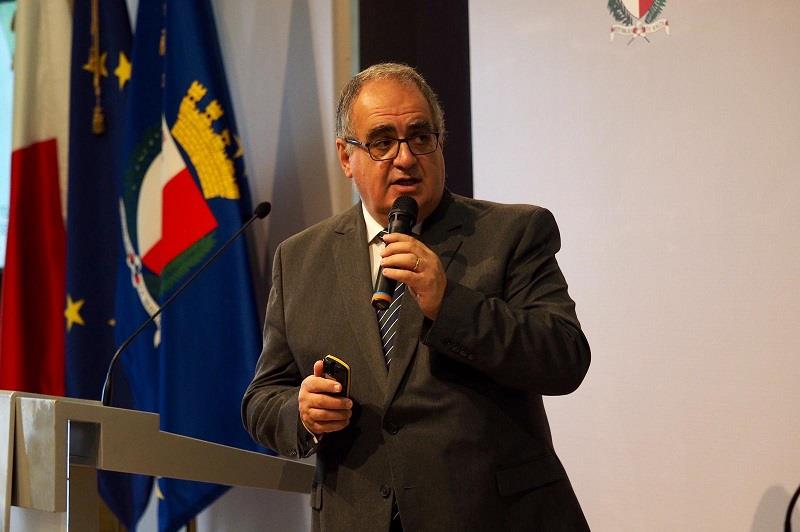Monday morning saw the launch of the National Mental Health Conference which was held by the President in collaboration with the Commissioner for Mental Health John Cachia, with speakers highlighting the need to eradicate the stigma surrounding such issues.
During the conference, different ministers and professionals collaborated together to highlight how mental health is a key player in the economic, social, education and health sectors.
Opening the conference, President George Vella said that although a sensitive topic, mental health is a main priority during his presidency.
“There must be more discussion and more action to help remove the stigma surrounding mental health issues in Maltese society. As a nation we have introduced a number of initiatives and campaigns; we are not here to invent the wheel but here to emphasise the subject of an individual’s mental health.”
He said that there must be a more holistic approach and better framework to improve Malta’s health strategy overall. Vella also said that the Mental Health Strategy 2020-2030 taps into every sector to improve the living standards and mental health of every citizen, young and old. He highlighted that there must be a better human approach in the classroom to reduce bullying, and in the workplace to reduce stress and burnout. “I personally will make sure that everyone plays their role - ministers, professionals, media and civilians - there is a need to improve the situation and we must work hand in hand to do so.”

Incidents of drug abuse, self- harm and dementia have increased over the years
PN MP for health Stephen Spiteri, highlighted that over the past few years, incidents of mental health illness, drug abuse, self- harm and dementia have increased, adding stress to the country’s provision for care. “There has been an increase in depression in adolescents and youths, which could come from stress in the education system or stress in the work place.” He highlighted that screening at schools is needed to keep an eye on the first phases of depression in children and that way can provide earlier diagnosis and earlier cure and prevention.
“We have seen numerous campaigns for diabetes and physical health, now we must see similar campaigns for mental health, to help reduce the number of suicides, drug addiction and to lessen the stigma on mental health.” He stressed that the 10 year strategy plan is a good investment and that the opposition will keep a critical eye on the government and provide any proposals to improve the situation.

On a social aspect, figures have shown that over a quarter of the world’s population at one time or another had a mental health problems. From a local standpoint, 7% have faced or been affected by depression, stated minister for Family, children’s right and social solidarity Michael Falzon. “As a country we have made big strides forward as society has developed through an increase in economic growth. We must use this success to improve the mental health situation.”
He said that prevention and identification of the problem are some of the most important steps to take, especially in the social aspect. “Awareness is another important factor. As a society how aware are we about these problems? We must also keep in mind that those who are affected by depression are most likely to close themselves off and not want to seek help, which is why we must improve awareness.”

We cannot just focus on the mental health of our students, but also on our educators and carers
Education Minister Evarist Bartolo highlighted that whilst prevention and discussion of mental health starts at a young age, one cannot forget the wellbeing of their educators and carers. He said that in this day in age we live, “we are facing difficult times, as we live in a world where many are addicted to technology, workers find it hard to ever disconnect from work and more people facing solitude.”
Bartolo also reflected on the lack of open environment spaces which also play a major role in the wellbeing of an individual’s mental health. “As our economy booms, more and more people are living in urban spaces, which affect their mental health. There needs to be more of a balance between the economic, social and environmental developments in our country; especially when we consider what our children’s lives will be like in the future.”

A change in culture’s perspective of mental health
Deputy Prime Minister and Health Minister Chris Fearne said that this is the island’s first national mental health strategy, and that while it is ambitious and expensive, it is an important one looking into different perspectives of mental health.
“A few years ago anyone who had a mental health issue would be pushed aside in isolation and forgotten; now we are changing our culture’s perspective on mental health.”
Fearne highlighted that Mount Carmel Hospital is in need of a large investment but hopes that Mount Carmel will not remain the ‘be all and end all’ for mental health. He said that eventually Mt Carmel will no longer exist due to the new mental health hospital which will be part of the national hospital.
“The mental health institution will be part of Mater Dei so as to integrate the cure for mental and physical health, and not to isolate them.” He stressed that society is changing and different parts of society suffer from a higher risk of depression; migrants, foreigners, the elderly and those addicted to drugs, and that awareness is a key to prevention.

Those living in residential care or facilities are at the highest risk of suffering mental health issues
According to statistics from the Commissioner for Mental Health, John Cachia those living in residential care or facilities are 3.3 times at risk of suffering from mental health illnesses.
“We must understand mental health problems and treatment so as to decrease the stigma related to mental health problems”, said Commissioner for Mental Health John Cachia. According to the World Health Organisation 75 per cent of chronic mental disorders start before age 25 and approximately 15 per cent of adults aged 60 and over suffer from a mental disorder.
Cachia highlighted that those who lack mental health literacy are mainly women or individuals coming from younger age groups. He also highlighted that those with only a primary education, coming from low social status and are unemployed or inactive are also at higher risks of mental health illness.
He stressed that people must be able to recognise signs of distress in others and to empower one another by providing the necessary information to be able to control their mental wellbeing.